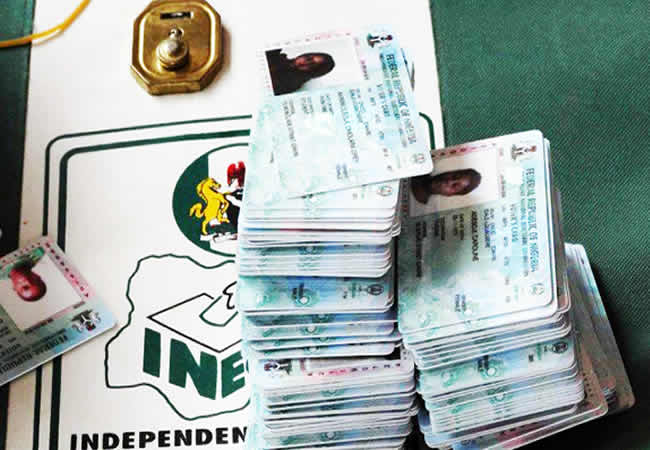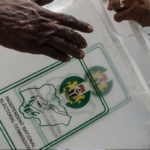
The PUNCH reported that INEC ended PVC collection on February 5, ahead of the February 25 presidential and National Assembly election as well as the March 11 governorship poll.
But the Executive Director of CTA, Faith Nwadishi, at a press conference on the mock accreditation exercise, called for the reopening and extension of the PVC collection to at least a week before the first round of elections.
Nwadishi also said total vote cast should be calculated based on the number of PVCs collected as against the practice where it is based on the total number of registered voters.
She said, “During the other off-season election, INEC allowed citizens to collect their PVCs at least 48 hours to the election. So there is no way we can recommend that people can collect their PVCs a day. If they were able to do 48 hours for one state, they should actually be able to do like a week before that (general election).
“There are some logistics reasons around that. INEC needs to release the total number of persons who have collected their PVCs and in checking the total number of vote cast, if you noticed in Ekiti and Osun, INEC will now give you the percentage of vote cast based on the total number of PVCs collected, no longer the number of registered voters.
“We have always had it wrong by calculating the percentage of vote cast on the total number of registered voters when we know that close to 10 per cent, 20 per cent, 30 per cent of persons may not have collected their voter’s card and the only point you can come out for election is to have your PVC. It’s 11 days to election, INEC will extend that for a week before election to enable us have the data for the forthcoming election.
“So there is no need to base the total number of voter turnout on the total number of voters on our register but better on the total number of PVCs collected. At least you are sure that these people were ready to come out for election.”
The CTA commended the Resident Electoral Commissioners in Lagos and Edo states because every day, they were giving data on the total number of PVCs collected.
Speaking on the mock accreditation exercise, Nwadishi said the CTA observed that many people were not aware of the mock exercise leading to a low turnout in some areas while there was also a misconception that officials wanted to use the exercise to copy their PVC numbers so that they would not be able to vote on election day.
“It is also believed that the BVAS will eliminate the incidents of ballot snatching. The CTA noted that in most polling units that were observed, the accreditation process was peaceful and no chaos was recorded as most of the machines used worked very well. It took between 1-2 minutes for accreditation of voters.
“Upon the request from observers present at Area10/Post office, the BVAS was subjected to a test of double accreditation and it was found that the BVAS can recognize any form of double accreditation, as the BVAS alerted that the individual had been accredited earlier,” she added.














